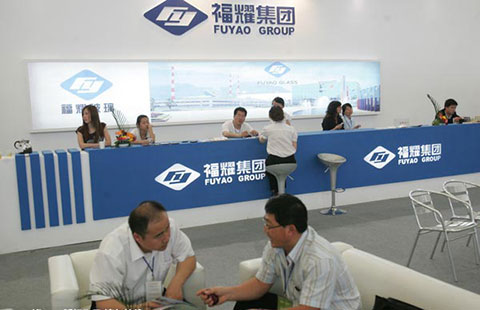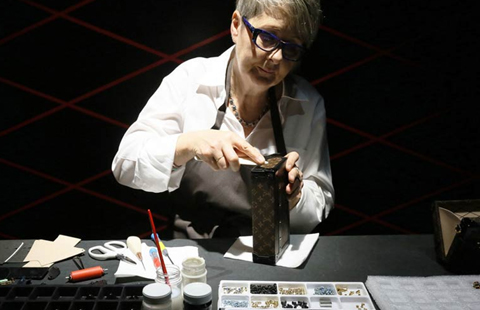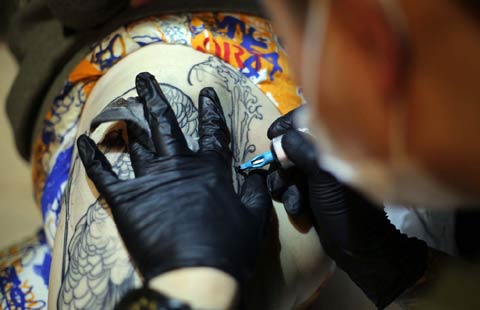The story, ambition of a Chinese auto manufacturer in Africa
(Xinhua) Updated: 2015-04-09 10:55JOHANNESBURG - Brand-new minibuses line on both sides in a spacious and tidy workshop of a vehicle plant in Springs, a small town in central east of South Africa. Workers are busy with the final checkout for the vehicles which are to be delivered to the market.
Zhong Jide watches all these contentedly and proudly as he knows all these minibuses, with a Zulu name of "Sasuka" meaning "we are departing," will be consumed quickly as long as they are put into market.
Zhong is the Chief Executive Officer of Beijing Automobile Works (BAW) South Africa, a joint venture involving China's famous vehicle manufacturer Beijing Automobile Industry Holding Company (BAIC) and South Africa's Industrial Development Corporation.
BAW South Africa put into operation 2013 a minibus taxi assembly in a 196 million rand ($17.8 million) investment that moves the country one step closer to full manufacture of minibus taxis.
"The market demand for our vehicles far exceeds our supply. We sell out in short time what we have produced," Zhong told Xinhua in a recent interview.
BAW South Africa sells currently an average 250 minibuses per month, and expects sale of 500 cars per month in the second half of 2015 and 1000 cars per month in coming years as investment increases and the factory reaches its full production capacity.
BAW South Africa is just one of the touchstones in the new wave of China-African cooperation on industrialization. By the end of 2012, China's direct investment in Africa accumulated to nearly 20 billion dollars, with 75 percent going to such sectors as finance, processing and manufacturing, trade-related services, agriculture and transportation.
China's investment in Africa's manufacturing industry ranges from sugar refineries, glass, fur, medical capsule and automobile factories, textile and steel pipe manufacturing projects, etc.
Moreover, China and the African Union (AU) signed a memorandum of understanding (MoU) to cooperate on major infrastructure networks and industrialization process in Africa on the sidelines of the 24th AU summit in January.
Zhong said BAW's localization programme is in accordance with South Africa's "reindustrialization" ambition.
At the plant launch ceremony in November 2012, South African Minister of Economic Development Ebrahim Patel said the BAW investment was "a concrete step in the move to reindustrialize South Africa," and supported the goals of the New Growth Path of increased industrialization and shifting the country's reliance away from imports of manufactured goods.
According to BAW, it was interested in expanding on its current investment dependent on sales volumes. A Phase 2 expansion at the Springs site would mean another 2 billion rand investment, and 1, 500 additional jobs.
- China, the West in Africa: more room for cooperation than competition
- China to cooperate with Africa on industrialization, sanitation, security
- China grants loans to Benin for broadband project
- Flip-flop man treads new path by identifying market needs in Africa
- Chinese companies take leading role in building airports in Africa
- Copyright registration for apps soars in 2014
- China's most polluted province cuts coal use
- Belarus to expand trade and economic ties with China
- Chinese investment in French airport no threat to region's interests
- Upcoming reform to trigger more capital inflow to China
- Deli Group sets ambitious target for 2015 online sales
- China eases forex controls for foreign-invested enterprises
- China issues guideline to improve employee welfare

















